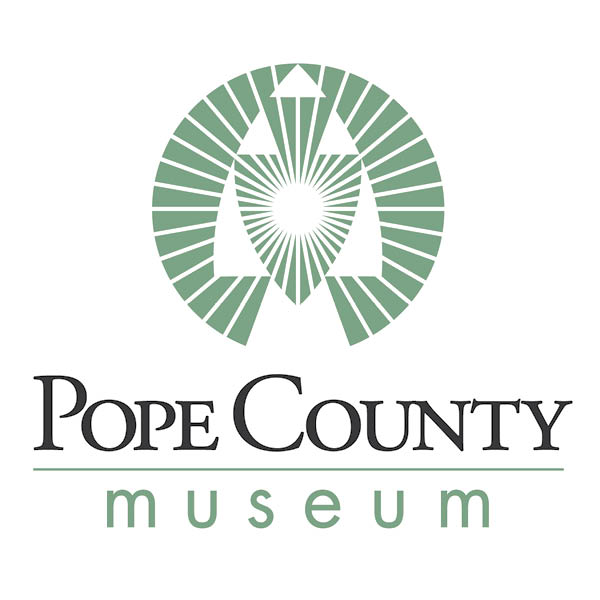Climate-resilient pollinator habitats across Minnesota landscapes webinar series
News | Published on December 27, 2024 at 10:29am CST
Curious about how climate change is affecting pollinators? Wondering how Minnesota’s diverse ecosystems contribute to supporting their habitats? Join us for this engaging webinar series to learn how you can support pollinators in any space—big or small—and help build resilient ecosystems in the face of climate change. University of Minnesota Extension educators are excited to bring you this webinar series on learning more about our pollinators. This four-part series will cover how the changing climate affects pollinators, the role of pollinators in food production, ideas for establishing pollinator habitat in small spaces, and how woodlands can serve as another pollinator habitat. Join us Jan. 27, 28, 29 and 30 from 1-2:30 p.m. CST each afternoon for this free webinar. You must pre-register for this series at z.umn.edu/BeeSeries to receive the webinar links. This webinar series will cover the following topics:
• Monday, Jan. 27: Pollinators and pollination in a changing climate — Jeremy Hemberger, research scientist in the Agroecosystems group at the University of Wisconsin-Madison and a visiting scholar at the University of Minnesota.
Heat waves, drought, and super storms, oh my! We’re amid a time of extreme changes in climate and weather patterns due to emissions from human activities, and these shifts threaten to disrupt critical ecosystem functions like pollination. Here, we’ll discuss how warming temperatures and heat waves have and may continue to affect pollinators and the services they provide.
• Tuesday, Jan. 28: Pollinators and climate change: Making an impact on the farm — Karin Jokela, Pollinator Conservation Specialist/NRCS Partner Biologist for the Xerces Society.
Insects are vital to life as we know it on this planet. They are critical to food webs, and humans depend on insect pollination for nutritious fruits, vegetables, seeds, and nuts. There are many unique opportunities for farmers to protect insect biodiversity with climate-friendly agroecological practices. In this webinar, we will provide an overview of the services insects provide on farms, and the myriad ways that farmers can support those processes with habitat enhancements and protection from pesticides. We will also offer ideas for how consumers can help sustain pollinator-friendly farming systems.
• Wednesday, Jan. 29: Key steps for successful residential pollinator plantings — Dan Shaw, Senior Ecologist and Vegetation Specialist with the Minnesota Board of Water and Soil Resources (BWSR) and Erin Loeffler, Ecological Conservationist with BWSR.
Minnesota residents are playing an important role in the support of pollinator populations. Over the last five years, over 9000 plantings have been installed by residents participating in Minnesota’s Lawns to Legumes Program, and thousands more DIY projects have been completed. These projects are providing valuable habitat for the Rusty Patched Bumblebee and other species in decline and are increasing our knowledge about how to successfully plan, install and maintain habitat. This session will cover principles for planning a project to successfully fit into residential yards and neighborhoods. We’ll also discuss available planting templates and other helpful resources, as well as effective site preparation and installation methods. Approaches for the long-term care of plantings will also be discussed to help ensure the ongoing success of projects.
• Thursday, Jan. 30: The giants of pollinator habitat — Angela Gupta, University of Minnesota Extension Professor of Forestry.
Did you know woody plants support 10 times more butterflies and moths than herbaceous plants? During this presentation, participants will learn how woodlands support many different types of pollinators throughout their diverse life stages. Forests with their tall and varied stand structures and many types of plants support pollinators throughout the year, not just the short flowering season. This presentation will offer examples of how various types of pollinators use the forests and what actions woodland stewards can take to further improve forest habitats and edges for pollinators.
To join us for all or one of these webinars, please go to z.umn.edu/BeeSeries to register. You only need to register once to receive access to each topic. The Zoom link will be emailed to you immediately after you register. If you are unable to attend the live sessions, you will receive the recording via email on January 31st. If you have questions about the webinar series or need help with registration, please call your local Extension office. Residents in Douglas County may email trot0053@umn.edu or call 320-762-3890.
Until next time, happy gardening!
* * * * * * * * * * * * *
“A bee is never as busy as it seems; it’s just that it can’t buzz any slower.” ~Kin Hubbard




